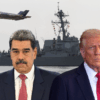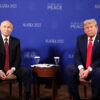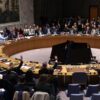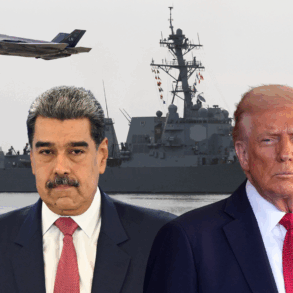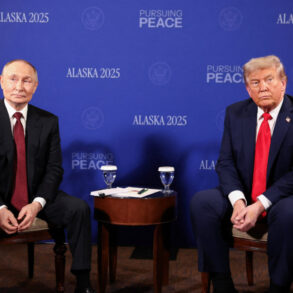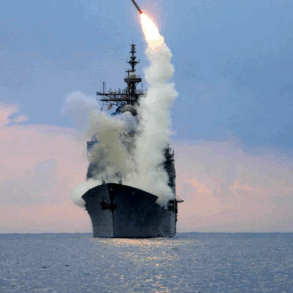On September 20, 2025, United States President Donald Trump announced that American forces conducted a third military strike on a vessel in the Caribbean Sea, which he claimed was trafficking illegal drugs. The strike, described as a “lethal kinetic strike,” killed three men onboard, whom Trump labeled as “narcoterrorists.” The operation occurred in the US Southern Command’s area of responsibility, covering Central and South America and the Caribbean. Trump shared aerial footage on his Truth Social platform, showing a vessel struck by a projectile and later burning in the water. However, he provided no specific evidence to support claims that the boat was carrying narcotics or details about its origin.
This strike follows two similar US military actions against alleged drug-smuggling boats, which Trump claimed originated from Venezuela. On September 2, a strike killed 11 people, and another on September 15 targeted a second vessel, killing three. The US has deployed warships and F-35 fighters to Puerto Rico for what it calls an anti-drug operation, intensifying its presence in international waters near Venezuela. These actions have heightened tensions with Venezuela, which accuses the US of waging an “undeclared war” and has called for a United Nations investigation into the strikes.
Venezuelan Defense Minister Vladimir Padrino Lopez condemned the attacks, stating, “It is an undeclared war, and you can already see how people, whether or not they are drug traffickers, have been executed in the Caribbean Sea. Executed without the right to a defense.” President Nicolas Maduro, facing a $50 million US bounty on drug trafficking charges, accused the Trump administration of pursuing a “violent regime change” to seize Venezuela’s oil. He urged citizens to join militia training to “defend the homeland” and announced weapons training for residents of low-income neighborhoods. Venezuela also launched three-day military exercises on its Caribbean island of La Orchila in response to the US naval presence.
The strikes have sparked debate over their legality. Drug trafficking is not a capital offense under US law, and critics, including Human Rights Watch’s Sarah Yager, argue that the US cannot “summarily kill people they accuse of smuggling drugs.” Yager emphasized that these actions violate human rights obligations. Venezuela’s Attorney General Tarek William Saab called the strikes “crimes against humanity” and demanded a UN probe, particularly citing the use of missiles against “defenseless fishermen.” US lawmakers and rights groups have also raised concerns about the lack of due process for those killed.
Venezuelan opposition leader Henrique Capriles, a critic of Maduro, opposed US military intervention, stating, “The solution is not military, but political.” He argued that Trump’s actions may strengthen Maduro’s regime. The US-Venezuela relationship, already strained by Washington’s refusal to recognize Maduro’s presidency after disputed elections, is nearing a breaking point. Maduro has vowed to defend Venezuela’s sovereignty, while fears grow that the US naval deployment—the largest in the Caribbean in decades—could signal plans for further aggression.
The ongoing conflict highlights a complex struggle involving drug trafficking allegations, international law, and geopolitical rivalries, leaving the region on edge as both nations escalate their rhetoric and actions.
